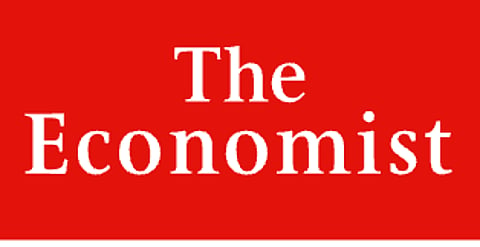Leadership
How world sees SA: Country on brink of salvation – or catastrophe
Our content agreement with The Economist has come to an end, and as a result, BizNews can no longer host previously republished articles. Click here to return to the BizNews homepage for the latest Premium content and more.

